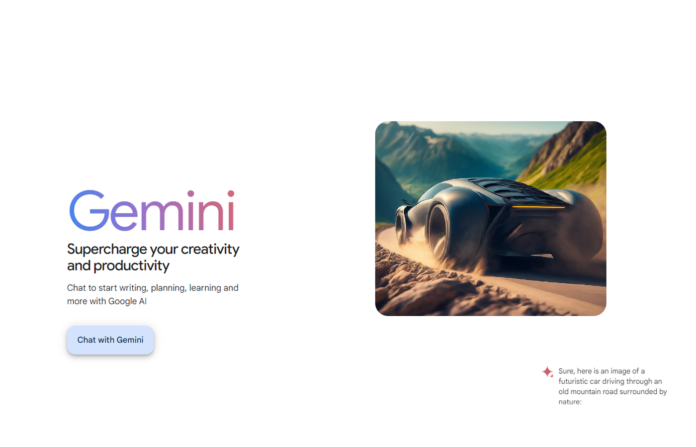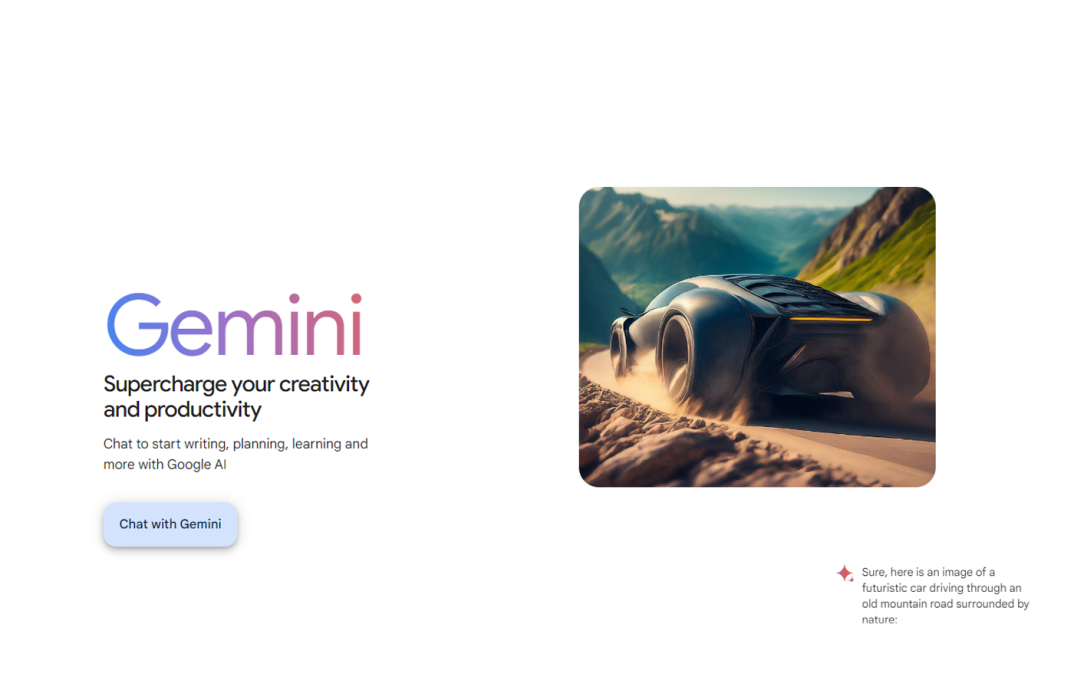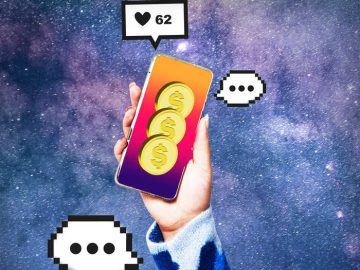 Google Gemini. Source: Google
Google Gemini. Source: Google
Google Gemini has introduced a groundbreaking AI memory feature that lets its chatbot remember personal details and tailor interactions based on user preferences. This innovation positions Gemini as a direct competitor to ChatGPT’s memory-enabled functionality, with both tools vying to redefine AI’s role in personalization. However, as promising as these features are, they raise important questions about security, privacy, and potential misuse.
The Power of AI Memory
Google Gemini’s memory feature allows users to store specific information, such as dietary preferences, coding languages, or travel budgeting habits. This enables the AI to deliver personalized responses in future conversations, creating a more seamless and intuitive experience. For instance, Gemini might recommend restaurants based on previously saved preferences or simplify its language to match the user’s request.
This memory capability is part of Google’s $20-per-month AI Premium subscription under its Google One plan. Currently available on the web client, the feature will soon expand to iOS and Android platforms. While it only supports English prompts for now, users can enable or disable it at any time with memories stored until manually deleted.
How Does It Compare to ChatGPT?
OpenAI’s ChatGPT introduced memory earlier this year, adding similar contextual capabilities. Both systems aim to deepen personalization by retaining user-specific details across sessions. ChatGPT’s memory might recall favorite topics or project details to enhance productivity, for example, while Gemini’s memory focuses on broader use cases like lifestyle planning, coding assistance, and travel advice.
Unlike ChatGPT’s model, Gemini explicitly states that its saved data is not used to train its AI models. This distinction may appeal to users wary of how their data might otherwise be used. However, ChatGPT’s memory capabilities are available in its free plan, while Gemini’s are strictly paid.
Read more: Gemini vs. ChatGPT
Potential Risks of AI With Memory
Despite their benefits, memory-enabled AI systems come with vulnerabilities. Earlier this year, researchers exposed a method to plant false memories in ChatGPT, which could lead to data theft or manipulation. Google’s safeguards for Gemini’s memory are yet to be rigorously tested by independent security experts, leaving room for skepticism.
Privacy advocates have also highlighted concerns about centralized storage of user preferences, which could become targets for cyberattacks or unauthorized access. While both Google and OpenAI provide assurances, the potential for exploitation underscores the need for robust guardrails.
Final Thoughts
Google Gemini’s AI memory feature is a bold step toward more personalized AI interactions, directly challenging ChatGPT’s capabilities. While the promise of intuitive, memory-enabled chatbots is enticing, questions around privacy and security must be addressed. As AI becomes increasingly integrated into our daily lives, balancing convenience with user trust will be critical.





